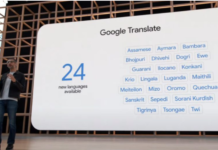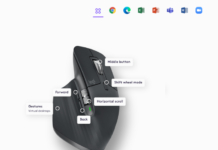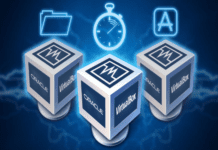Microsoft Project Brainwave : Microsoft is building real-time artificial intelligence
The tech giant Microsoft has introduced additional details about the Project Brainwave on Tuesday. Microsoft Project Brainwave is a deep-learning acceleration platform for real-time AI (artificial intelligence). This is not the first time we are hearing about Microsoft Project Brainwave, but we do get more details this time around.
The Tech giants are trying to apply AI technologies to a wide range of applications in medicine, computer security, and financial services, among other industries.
Microsoft detailed Project Brainwave recently at Hot Chips 2017, explaining that this project ‘achieves a major leap forward in both performance and flexibility for cloud-based serving of deep learning models.’
Microsoft’s Doug Burger says that the platform is a “major leap forward in both performance and flexibility for cloud-based serving of deep learning models.” Microsoft says that it designed the system for real-time AI so the system is able to process requests as fast as they are received with ultra-low latency.
Microsoft says that real-time AIs are becoming increasingly important to process live data streams in a cloud infrastructure. That sort of data includes things like search queries, videos, sensor streams, or interactions with users. Project Brainwave uses three main layers to do its job including:
- A high-performance, distributed system architecture;
- A hardware DNN engine synthesized onto FPGAs; and
- A compiler and runtime for low-friction deployment of trained models.
Microsoft explains that the overall Project Brainwave system is composed of distributed system architecture alongside FPGAs with synthesized DNN engines and a compiler/runtime that deals with trained models. Unlike some other companies which use hardened DNN processing units (DPUs) for their similar technology, Microsoft’s undertaking uses what it calls ‘soft’ DPUs that can be scaled based on data types.
Project Brainwave has a software stack that supports popular deep learning frameworks, supported frameworks include the Microsoft Cognitive Toolkit and Google Tensorflow. Microsoft plans to add support for many other software stacks in the future. Microsoft is working with Altera, now a unit of Intel, on these chips.
















































